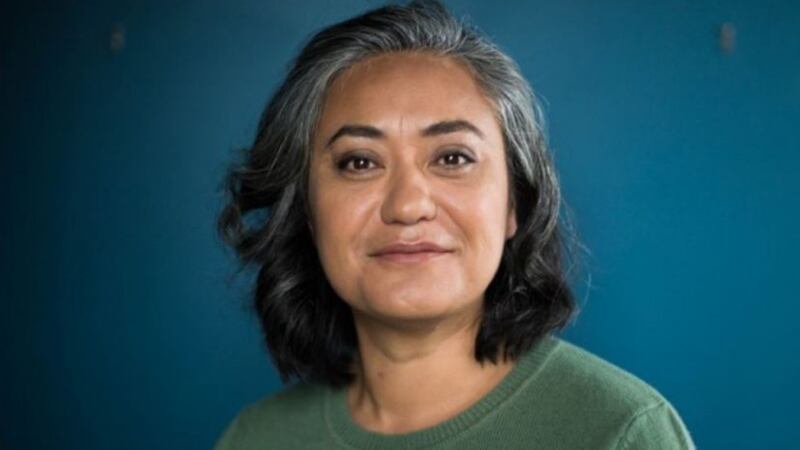Photo / Supplied
The complications of Covid were no feat for Māori film producer Desray Armstrong in 2021. On the contrary, it's been a stellar year for the Te Aitanga a Hauiti and Ngāti Porou filmmaker. In 2021 alone she produced three feature films amidst Covid craziness; Coming Home in the Dark, Juniper and Millie Lies Low.
In December, she was the recipient of the Te Au Pounamu Māori Screen Excellence Award receiving a $50k grant in recognition of her significant contribution to the Māori screen industry.
“I’m so moved. It was really emotional for me because to be recognised by your peers and our Māori whānau lets me know I’m on the right track,” says Armstrong.
Any local filmmaker knows how hard the film industry is to crack and she is one of very few Māori who have shared success such as hers with a long list of accolades and awards.
“Desray is a very strong producer in terms of her body of work, she’s a safe pair of hands and is a producer that cares about what she does, and thinks outside the square," says Ngā Aho Whakaari chair Anahera Higgins.
Māori film advocate Hineani Melbourne says Armstrong is forging a successful path in a challenging environment.
“It’s very difficult for New Zealand films to get support, especially from international players. Even the likes of Peter Jackson who advocated for New Zealand producers to work on productions came up against a wall with the ‘big boys’ and their ‘big international money’ who insisted on using their own producers.”
Armstrong's films have hit A-list international film festivals, including Cannes, Berlin and SXSW. When reminded of her successes, her endearing humility shines and it’s easy to understand why everyone wants to work with her.
“I’m not that ambitious aye,” she laughs. “Just my mates who are 'bluddy' talented needed some manaaki around them, and I’m fortunate that I have some skill sets that are useful to them,” she says.
Founder of Sandy Lane Productions, Armstrong admits that previously Māori stories were seen as niche and would only be seen by Māori, but for non-Māori it wasn’t resonating.
“What used to be hard to get over the line is now changing because we got heaps of stories to tell, and they are for Māori but not exclusive to Māori, and they resonate internationally. Our stories are finally being recognised,” Armstrong says.
On the horizon is a feature film called Bad Behaviours, and two projects alongside Māori filmmakers, including a feature film with Rachel House and a documentary with Chelsea Winstanley.
“I love it – it’s a privilege to be able to do mahi that you love and be around creativity and people who want to show the world who we (Māori) are,” she says.

